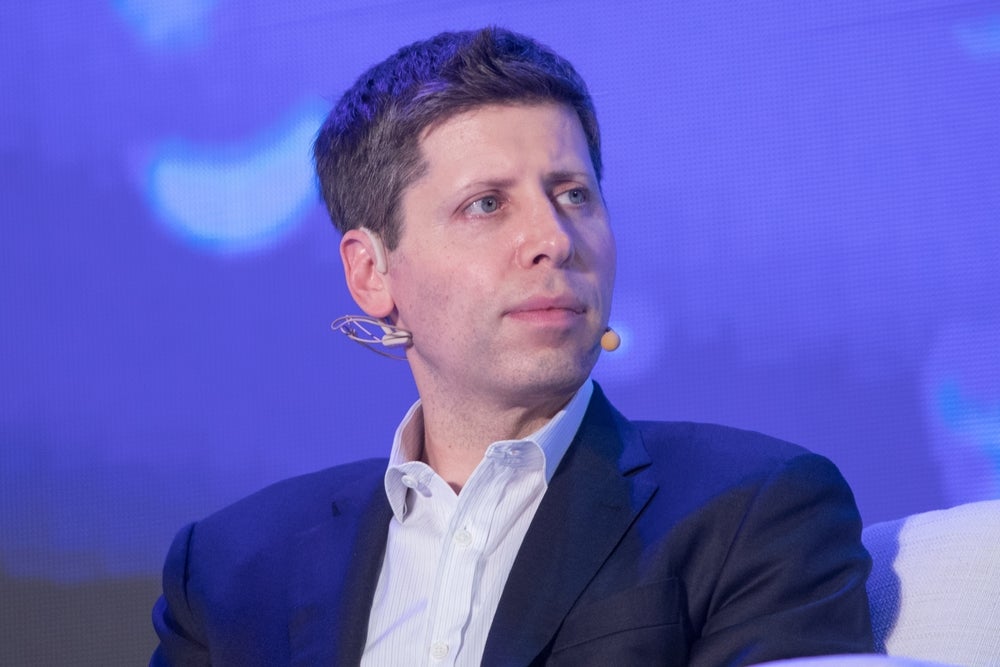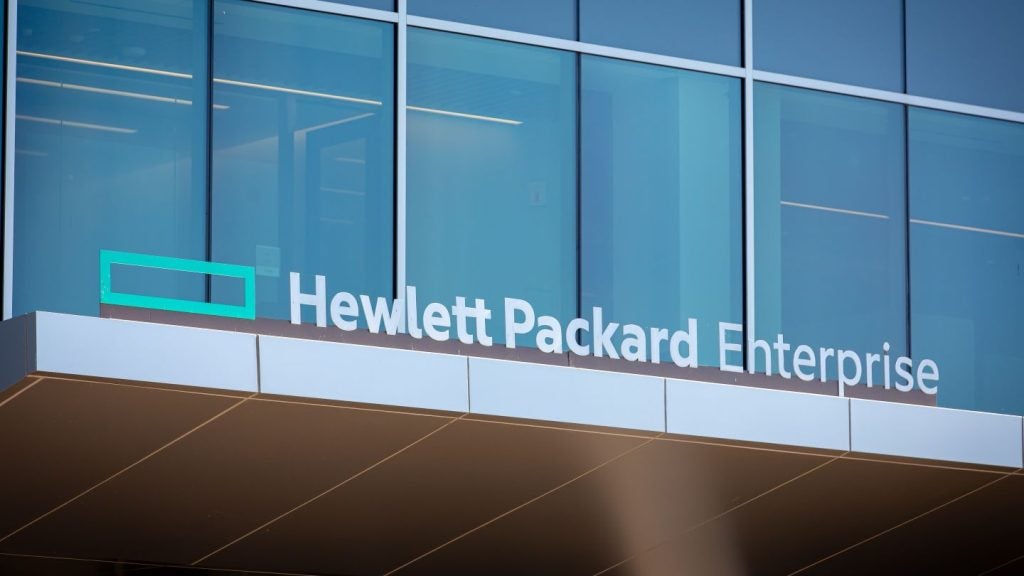
Responding to the news on Friday (17 Nov) that OpenAI’s board of directors had dismissed CEO and founder Sam Altman, former Google CEO Eric Schmidt referred to Altman as “a hero of mine” who “changed our collective world forever.”
“I can’t wait to see what he does next,” added Schmidt. Indeed.
At the time of writing, investor pressure has reportedly led to the possibility of OpenAI’s board resigning and Altman being reinstated as CEO. Otherwise, Altman loyalists within OpenAI will most likely resign in protest and follow him to his next venture.
Whatever transpires, many will be asking what’s next for OpenAI without Sam Altman at the helm. It is certainly not the first time a founder has been unceremoniously ousted from their own company. But perhaps Schmidt’s point is more relevant: what will Sam Altman do next without OpenAI? Because it might just be that Altman’s growing stature in the tech industry and beyond meant that he simply outgrew OpenAI.
Altman was not only the public face of of the company but his appearance at congressional hearings and visits to the White House had made him the de facto industry spokesperson for the development of artificial intelligence (AI) regulation.
While competitors including Google had been developing large language models for some time, OpenAI was first to release its generative AI chatbot, ChatGPT, in November 2022. It became the fastest growing app in history registering 100 million users just two and half months after launch.
A combination of entering political discourse around regulating AI and public consciousness with the runaway success of ChatGPT, helped make Altman a household name. But this did not protect him from what happened next.
OpenAI board’s official statement read: “Mr Altman’s departure follows a deliberative review process by the board, which concluded that he was not consistently candid in his communications with the board, hindering its ability to exercise its responsibilities.”
It appeared Altman had become the face of a company at odds with his ideas about the pace and direction in which it should be headed. OpenAI’s board is made up of founding members of its non-profit iteration, as well as some industry experts.
This was surely going to become a problem as the company rapidly grew into a $80bn business with the potential to become the world’s next Google or Amazon. Some speculate that Altman’s drive to win the artificial general intelligence race without sufficient regulatory guardrails in place became a source of tension within OpenAI, as it had done throughout the wider industry.
Open AI is a company rife with conflict and complexity from its inception. A network of investors with tentacles extending the width and breadth of Silicon Valley, including Elon Musk, Read Hoffman and Peter Thiel, meant that transitioning from a non-profit to a profit driven enterprise was never going to be smooth sailing. Former board members, Musk and Hoffman both left due to ideological conflicts. But it seems that the ideological splintering within the company was deeper than it appeared.
Altman is a Musk-like character in drive and ambition, though far better at understanding how his public image will help him realise his goals. The ideological split between Altman and his loyalists versus the non-profit leaning board may well have meant that OpenAI could no longer serve as the vehicle for this ambition.
A consummate deal-maker and networker, Altman’s standing in the tech ecosystem demonstrates the Silicon Valley mantra of “no conflict no interest” where almost every investment it conflicted in some way. Through his unparalleled tech incubator Y Combinator, Altman is deeply invested in the Silicon Valley venture landscape with conflict of interests stretching far and wide. There is some speculation, now, that OpenAI’s board could no longer overlook such conflicts in relation to his position as CEO. Perhaps a split was inevitable – but why did no one see it coming?
Like his spirit animal Musk, Altman has his metaphorical finger in many (future critical) pies from nuclear fusion via startup Helion to investing in startup Humane’s wearable pin which launched in November – said to be the iPhone of artificial intelligence. In September it was reported that Altman had entangled himself in yet a deeper layers of conflict through secret meetings with iPhone designer Jony Ive to develop a competing product to Humane’s pin phone.
Shortly after OpenAI announced Altman’s departure news broke that founding board member Greg Brockman had resigned in protest of Altman’s removal fuelling speculation that the two are already planning a new venture.
So many questions remain. The next few weeks and months will demonstrate how far Altman and his loyalists were the driving force behind OpenAI’s rapid ascent and whether the company has, indeed, just decapitated itself. OpenAI investor and partner, Microsoft, above all, will be asking this question. And Altman’s many conflicts of interest may see the light of day.
Whatever transpires, OpenAI led by Altman, has irrevocably changed the technology landscape over the last few months. And no matter the reasons for Altman’s departure – which may or may not become public knowledge – the more pertinent question is surely what will Sam Altman do next?







